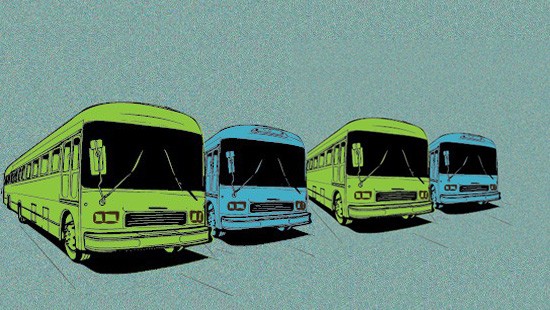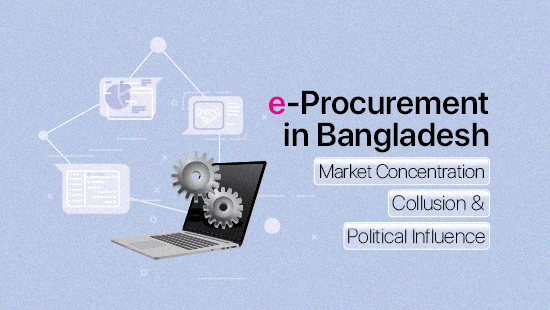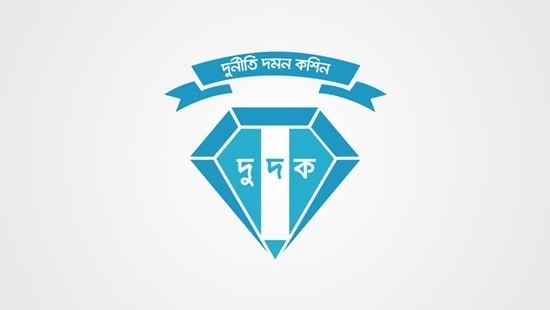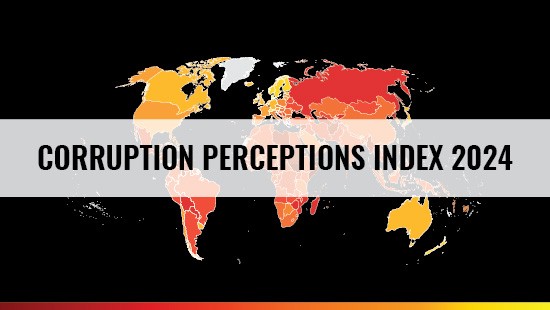Press Release
Dhaka, 17 January 2024: Transparency International Bangladesh (TIB) has raised concern, stating that the twelfth National Parliament election was a crafted and one-sided competition as well as unfree and non-inclusive. It is deemed from the collective experience encompassing the achievements and shortcomings of the election, sending an ominous sign regarding the future of democracy and democratic elections in Bangladesh. TIB has made the remarks at a press conference organised today for revealing the findings of a research study titled “The 12th Parliament Election Process Tracking”.
At the press conference, TIB's Executive Director (ED) Dr. Iftekharuzzaman said, “The election is not a participatory one due to contradictory and intransigent stance of the two largest political parties on the issue of the election-time government, deteriorating the hostage situation of the democratic future of Bangladesh. This election is in conflict with the glorious liberation war of Bangladesh as well as the spirit and dream of its independence. Despite being an election without any meaningful political opponent, where a fabricated competition was staged between the ruling party-nominated candidates and its ‘own’ independent candidates and those of other protégé parties, violations of electoral code of conduct have been pervasive including unhealthy rivalries and violent hostilities, which have nothing to do with political ideology or public interest. The twelfth parliamentary election has further entrenched the ruling party's absolute control over the country’s political landscape and governance, with the scope of unaccountable exercise of absolute power expanding even further.”
Referring to the latest parliament election as an ominous sign for the future of democracy and democratic election in Bangladesh, the TIB ED also said, "The agenda to ensure continuous stay in power through one-sided election has been successfully achieved, the legality of which may not be challenged, or may not sustain if challenged. But in terms of political integrity, democratic and moral values this success will always remain debatable. Election promises to establish good governance and rein in corruption in the country are likely to become more unrealistic and only documents. The focus will extend beyond mere analysis of the government's success or failure in its fourth consecutive term, and will be more pertinent to gaining people’s confidence and approval of the government, in the scale of integrity, morality and their broader implications. At the same time, concerns over the country's democratic and electoral future will continue to deepen.”
He apprehended that Bangladesh would be considered a ‘test-case’ in the international arena for an analysis of do’s and don’ts in facing the multidimensional challenges of people seeking democracy, specifically in terms of democratic degradation along with ingenuity in election maneuvering.
The TIB research aims to track the 12th National Parliamentary Election process for its fairness, transparency, impartiality, participation, and competitiveness. Conducted from June 2023 to January 2024, the mixed-method study has sampled out 50 constituencies, and found that violations of electoral code of conduct have occurred in all of these. All the Awami League-nominated candidates have violated the code of conduct at least once. Besides, 97.3 per cent of the independent (AL) candidates, 87.5 per cent of other independent candidates, and 84.9 per cent of the Jatiyo Party candidates have violated the code.
According to the study, the ruling party used force in various forms to achieve the 50 per cent voter turnout target. Instances were reported where threats were made to suspend government services and allowances from the social security programmes for marginalised and underprivileged individuals, including ordinary voters, if they failed to attend meetings of the ruling party and go to the polling centres, and vote for specific symbols. Additionally, there were cases of government officials openly displaying loyalty to the ruling party and participating in partisan activities, such as supporting and campaigning for the ruling party candidates.
Also, there was election-centric violence between AL-nominated candidates and independent candidates (AL). Workers of independent candidates were hacked to death, houses of workers and supporters were attacked and set on fire, camps attacked, campaigns disrupted, posters torn, and vehicles vandalized. On the other hand, apart from promoting various development works of the government through mobile SMS, campaign advertisements on Facebook and state-run BTV took place, broadcasting the news of the ruling party's campaigns and meetings.
The research also showed that as a strategy to keep the opposition party away from the election, obstacles were created in political activities, various conditions imposed on gatherings, leaders and workers arrested, and politically motivated cases filed, and speedy trials and punishments were conducted at night. Before the announcement of the schedule, there were allegations of using the state institutions for arresting the top leaders in new and old cases, including active and potential candidates of the opposition parties.
The research further showed the absence of polling agents for the candidates of parties other than Awami League and independent candidates in most centres throughout the country. There were also allegations of various irregularities, including preventing the agents of the opposing candidates from entering the centres by threatening them, creating dummy lines, elbowing out the agents of other candidates, etc. In addition, elections in 241 constituencies were not competitive as the difference of votes between the winners and the nearest competitors was more than one lakh on average.
The research observed that there were various questions regarding the role of the Election Commission (EC). There were many controversies including doubling the voter growth rate compared to the previous election, realignment of parliamentary seats, registration of new parties, and lack of confidence in EC. The EC did not use the power or mandate of Article 126 of the Constitution to resolve the political crisis to make the election participatory and fair. Again, the election budget was Tk 1,445 crore, but the expenditure ultimately increased to Tk 2,276 crore, which is triple compared to the 11th election.
Today’s TIB presentation is the initial report of the entire study, and the final report will be published one month after the 12th Parliamentary Election, as the tracking will continue until February 07. It is noteworthy that this research cannot be termed an ‘observation’ of the election; instead, it is called ‘tracking’ of the election - as it analyses the circumstances and activities of the institutions, political parties, candidates, and MPs before, during and after the election. The press conference was attended, among others, by TIB officials, including Sumaiya Khair, Adviser - Executive Management; Muhammad Badiuzzaman, Director - Research and Policy; Md. Mahfuzul Haque, Senior Research Fellow; and Newazul Moula, Research Fellow.
Media contact:
Sheikh Manjur-E-Alam
Director, Outreach and Communication
Phone: +88024102126770
Email: manjur@ti-bangladesh.org







